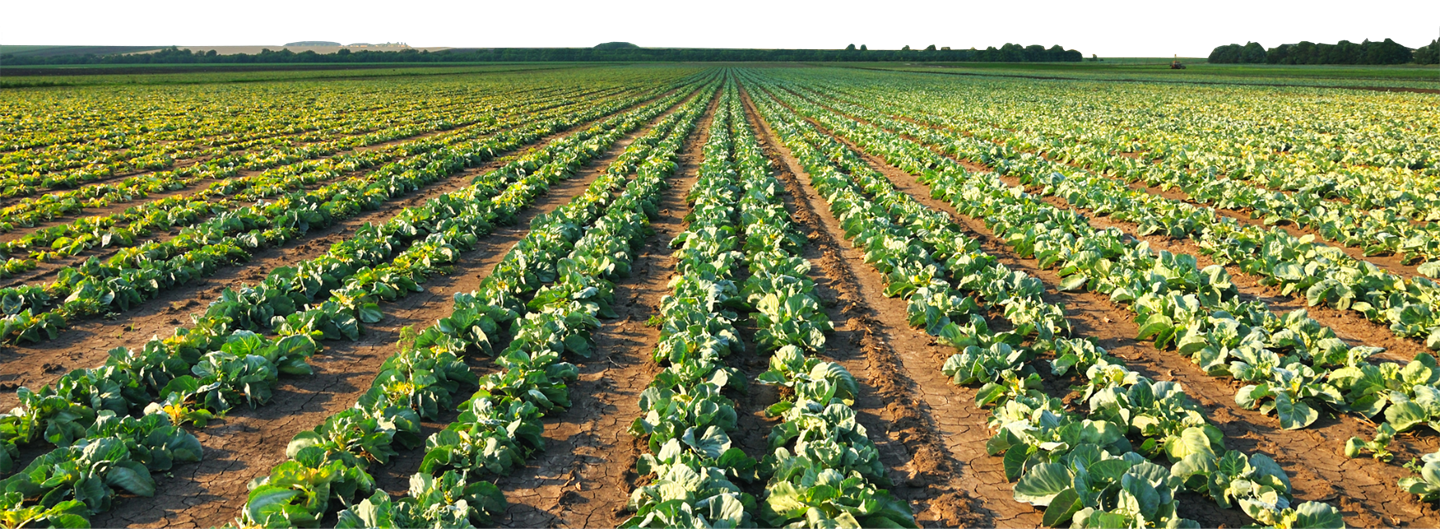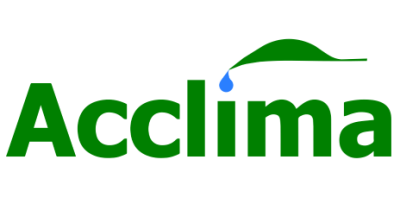

- Home
- Companies
- Acclima, Inc.
- Articles
- Irrigation and Nitrogen Best Management ...
Irrigation and Nitrogen Best Management Practices Under Drip Irrigated Vegetable Production
Abstract
Plastic mulch and drip irrigation are commonly used in high intensity vegetable production regions such as Florida. Drip irrigation can be much more efficient than sprinkler irrigation since only the root zone of the cropped area is irrigated. However, improper irrigation management can lead to wasted water and leaching of soluble chemicals such as nitrate. In this project, several irrigation treatments were established that allowed up to five watering events per day depending on a soil water threshold controller (SMS) for tomato and green bell pepper. As a comparison time based treatments (TIME) of once daily irrigation were established to mimic typical producer practices. In addition, zero tension drainage lysimeters were buried 0.6 m below the beds in several treatments to monitor leaching of water and nitrate nitrogen. SMS control of irrigation resulted in 29%-44% less irrigation water used on tomato and 37%-66% less water used on pepper when compared to TIME treatments. Tomato yield was significantly higher on SMS treatments compared to TIME treatments, but yield was similar across all pepper treatments. SMS treatments increased irrigation water use efficiency 2-3 times compared to TIME treatments on both tomato and pepper. Both the amount of water captured in drainage lysimeters and the mass on NO3-N were significantly lower on soil water based irrigation control compared to once daily time based irrigation commonly used by producers.
